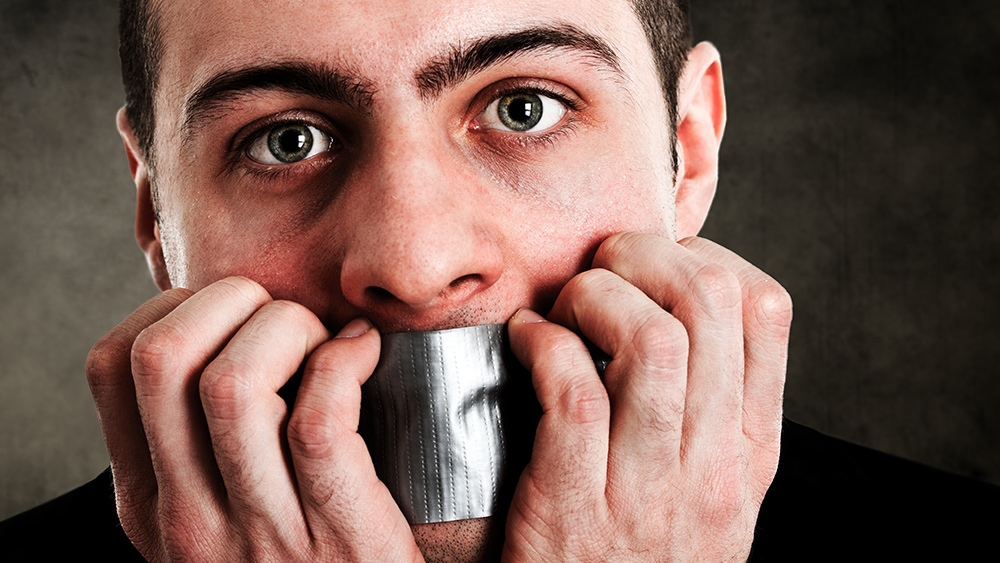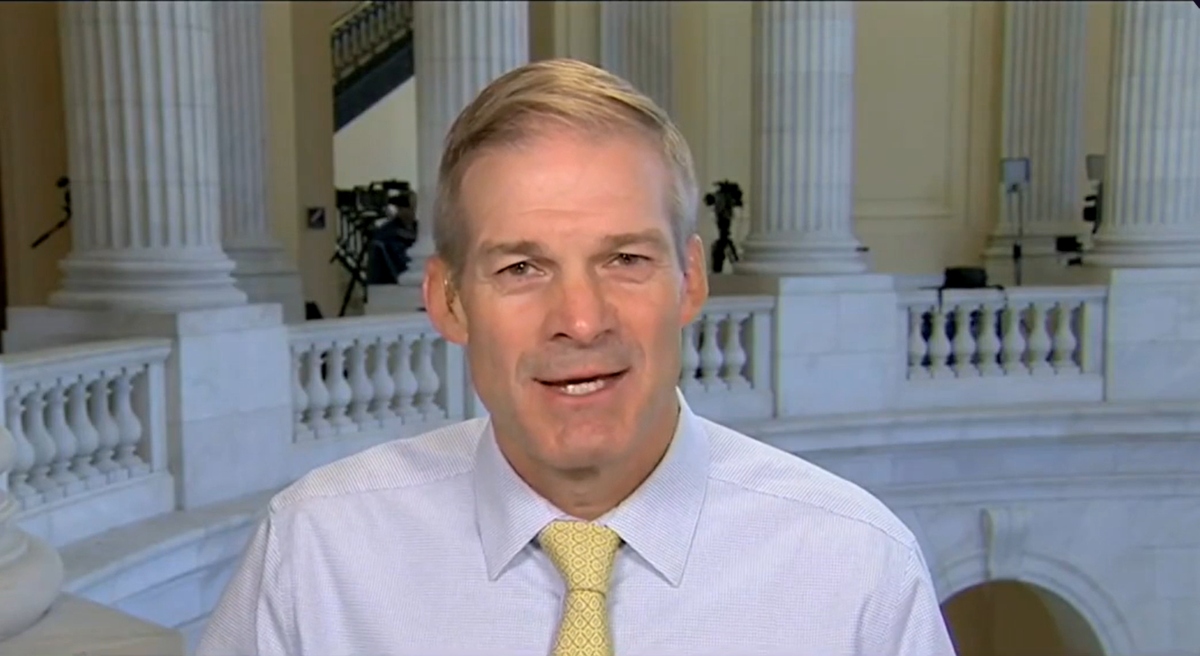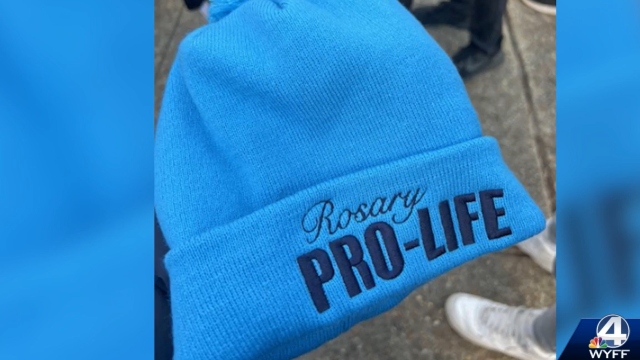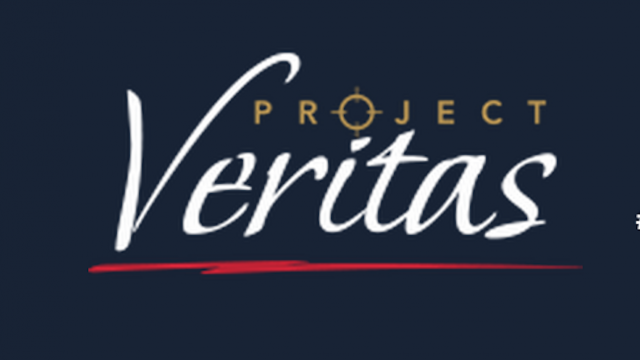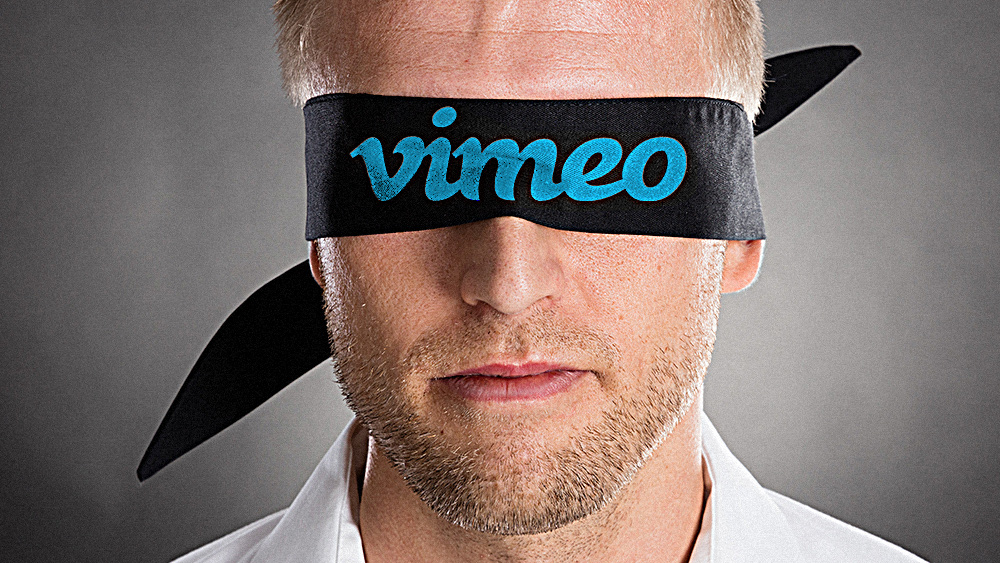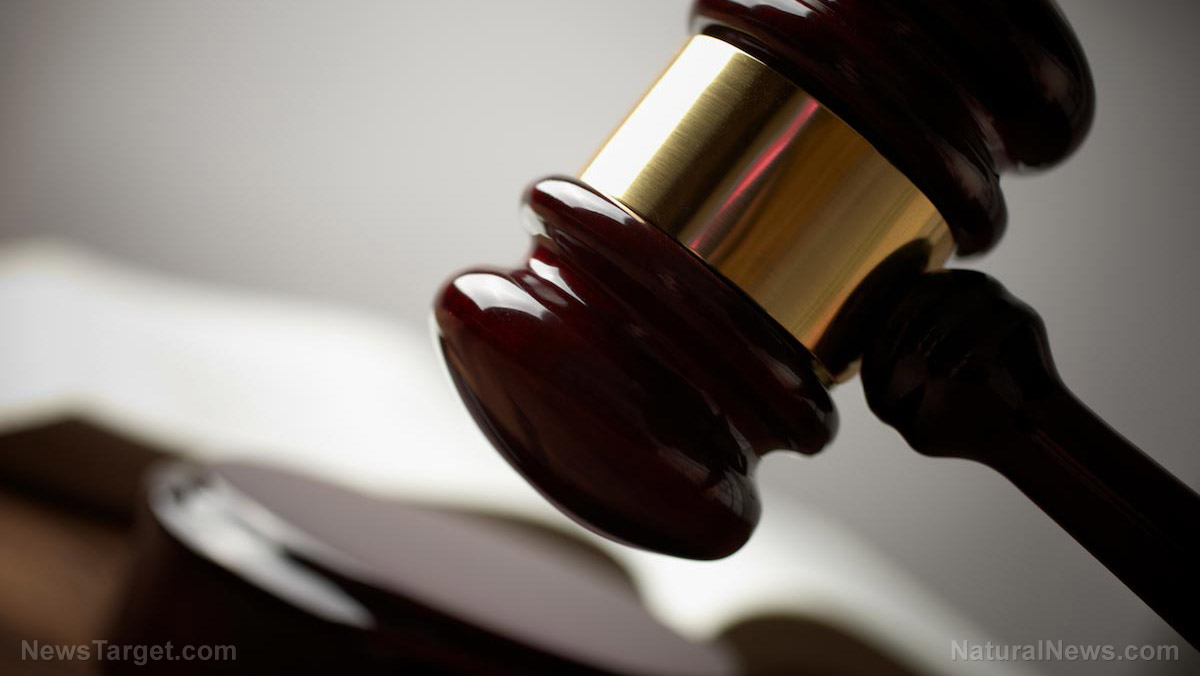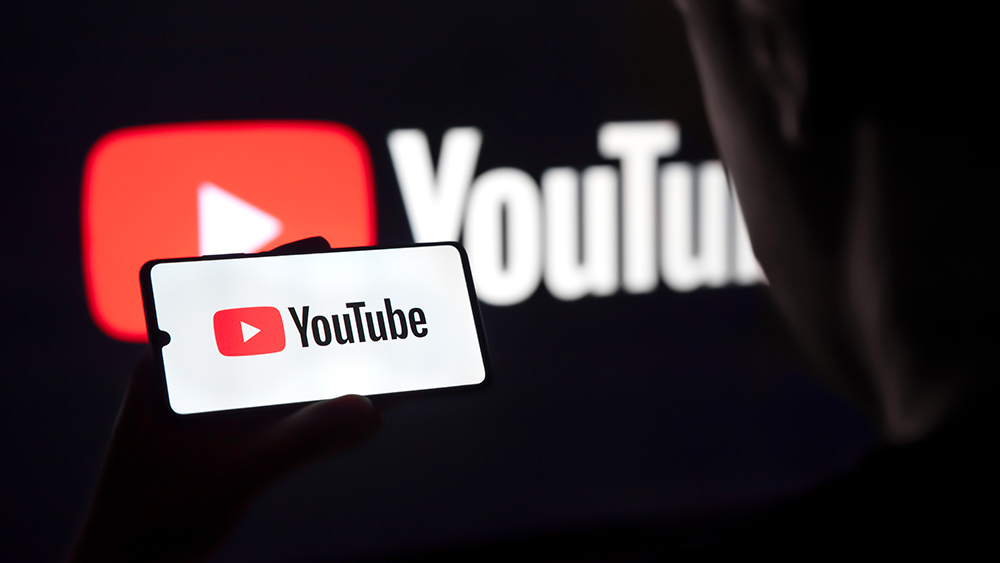Project Veritas temporarily locked out of Twitter after posting video asking YouTube exec about censorship
02/06/2023 / By Arsenio Toledo
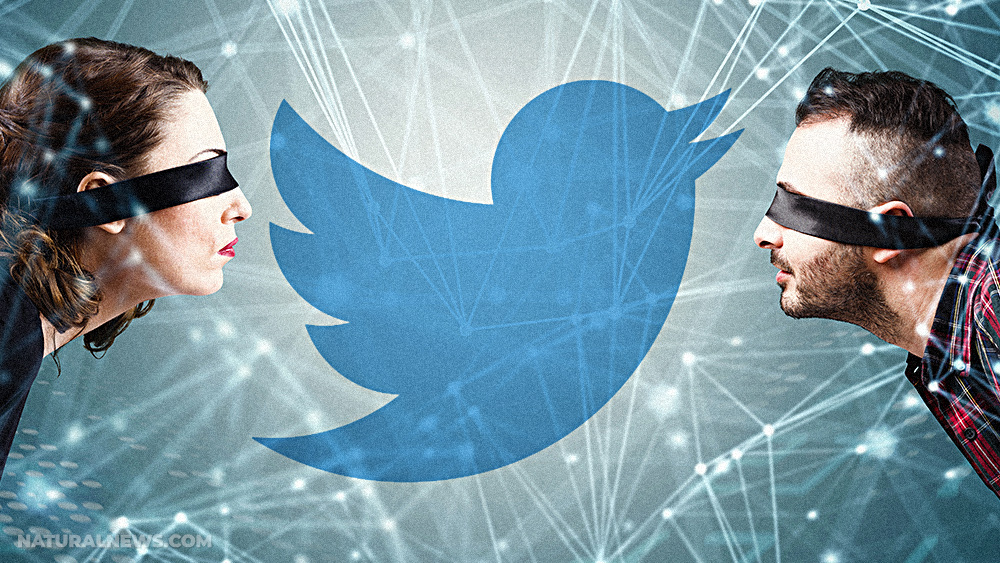
Twitter temporarily locked Project Veritas out of its account Friday, Feb. 3.
This was after the investigative journalism outfit posted a video confronting a YouTube executive for censoring the organization’s video that involved a Pfizer executive.
The video in question features Project Veritas senior reporter Christian Hartsock asking YouTube’s Global Head of Trust and Safety Matt Halprin why the video hosting platform banned the videos with Project Veritas questioning Pfizer’s director. Hartsock alleged that Halprin was colluding with Pfizer to run cover for the Big Pharma company. (Related: MEMORY HOLED: YouTube CENSORS Project Veritas documentary exposing Pfizer’s plan to direct COVID-19 mutations.)
Journalist Alex Lorusso of Newsmax broke the story, writing on his personal Twitter account: “What’s going on?” He included a picture reading that the organization was “temporarily limited” from some of its account features.
Twitter claims this lockout occurred because Project Veritas violated site rules against abuse and harassment.
“Project Veritas was surprised to learn of this temporary lockout,” said Project Veritas media relations manager Mario Balaban. He noted that he believes the organization was locked out for “conducting journalism as we always do – by asking questions to powerful people. In this case, a YouTube executive.”
“We have appealed and look forward to Elon Musk clearing this situation up,” he added.
Project Veritas’ account was reinstated shortly after the lockout, indicating that a Twitter executive may have intervened on the organization’s behalf.
Project Veritas’ presence on social media platforms being scrubbed
Despite getting its Twitter account back, the campaign against Project Veritas is still ongoing.
The first culprit was YouTube, which took down Project Veritas’ video and gave the channel a “strike” from the service, restricting its ability to upload new videos for a week.
Google has also prevented people from looking up the Project Veritas website on its search engine, with the website not appearing in the first page of results. But on DuckDuckGo, an alternative search engine that has fewer algorithmic nudges than Google, the Project Veritas website comes in first or second when similar search terms are used.
Furthermore, anybody who attempts to search for the organization’s video with the Pfizer executive will instead be redirected to so-called more “reliable sources,” including Pfizer’s website, which has a statement claiming that the company “has not conducted gain of function or directed evolution research.”
“Working with collaborators, we have conducted research where the original SARS-CoV-2 virus has been used to express the spike protein from new variants of concern,” the statement reads. “Most of this work is conducted using computer simulations or mutations of the main protease – a non-infectious part of the virus.”
“Sadly, the censorship is unlikely to stop with Google,” wrote C. Douglas Golden for the Western Journal. “Project Veritas may be back on Twitter, thanks to new ownership, but the rest of Big Tech is willing to get in bed with Big Pharma and Big Government at any opportunity.”
Learn more instances of Big Tech censorship at Censorship.news.
Watch this episode of the “Health Ranger Report” as Mike Adams, the Health Ranger, discusses how mainstream media and Big Tech are coordinating to scrub Project Veritas’ video from the internet.
This video is from the Health Ranger Report channel on Brighteon.com.
More related stories:
Forbes tries to discredit Project Veritas but FAILS miserably.
Big Tech protecting Big Pharma: Google censors bombshell revelation by Project Veritas about Pfizer.
Sources include:
Submit a correction >>
Tagged Under:
Big Pharma, Big Tech, Censorship, covid-19, deplatforming, directed evolution, free speech, mutations, online speech, Pfizer, Project Veritas, SARS-CoV-2, speech police, speech suppression, tech giants, technocrats, Twitter, YouTube
This article may contain statements that reflect the opinion of the author
RECENT NEWS & ARTICLES
COPYRIGHT © 2018 SPEECHPOLICE.NEWS
All content posted on this site is protected under Free Speech. SpeechPolice.news is not responsible for content written by contributing authors. The information on this site is provided for educational and entertainment purposes only. It is not intended as a substitute for professional advice of any kind. SpeechPolice.news assumes no responsibility for the use or misuse of this material. All trademarks, registered trademarks and service marks mentioned on this site are the property of their respective owners.

